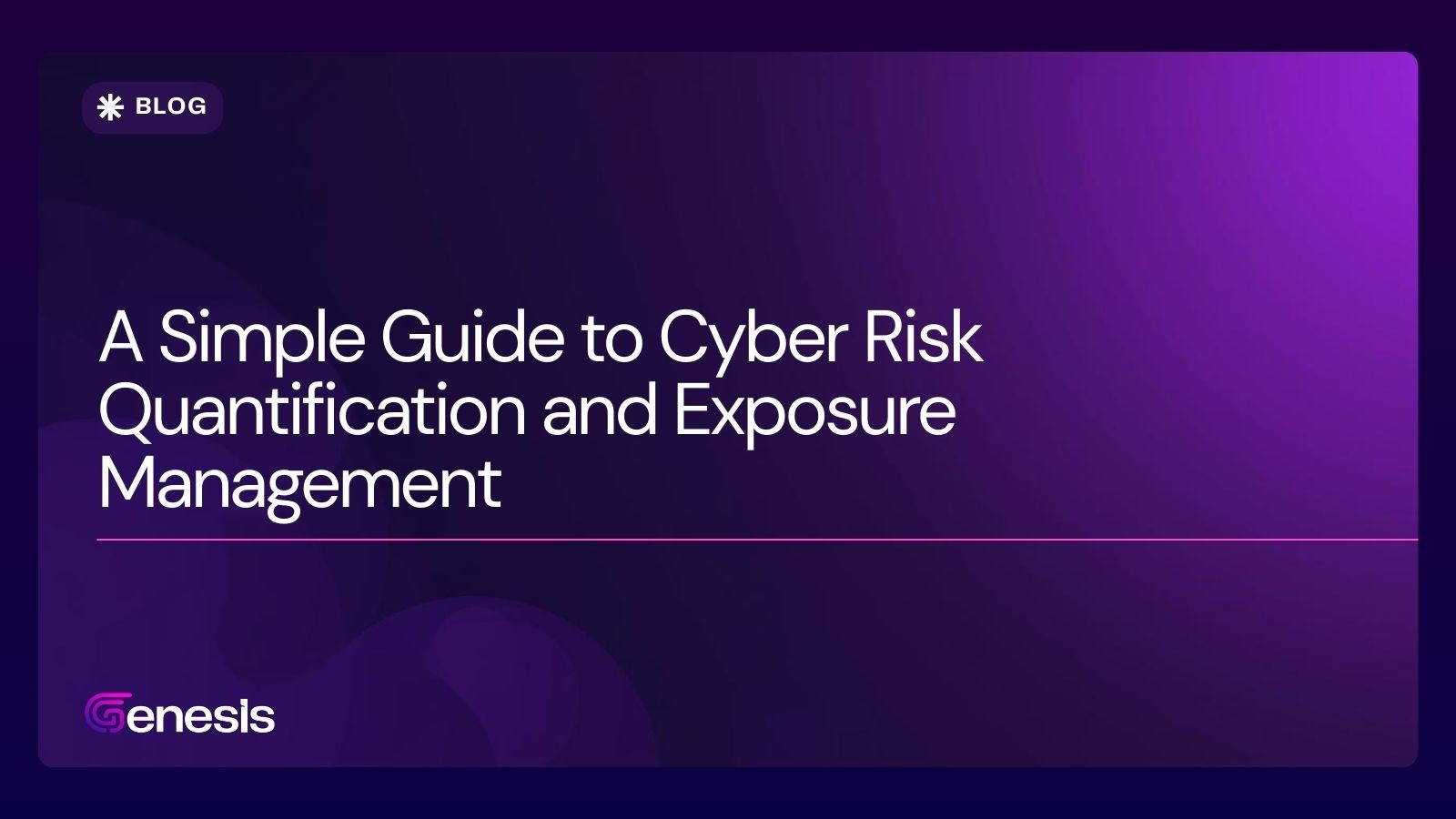Nov 21, 2022

Tanay Rai
DNSSEC (Domain Name System Security Extensions) is an essential layer of protection for the Domain Name System (DNS) that prevents attacks such as DNS spoofing. By adding an authentication layer, DNSSEC ensures that users receive valid and secure DNS responses.
Key Details:
What is DNS?: DNS acts as the internet's phonebook, converting domain names into machine-readable IP addresses.
Why DNSSEC?: Standard DNS doesn't verify the authenticity of responses, leaving it vulnerable to attacks. DNSSEC addresses this by using public-key cryptography to validate DNS data.
How DNSSEC Works: Every DNS zone is secured with a pair of private and public keys. The private key is used to sign DNS data, and the public key allows users to verify the authenticity of that data.
Key Features of DNSSEC:
Authentication: Ensures the data comes from the claimed source.
Integrity: Confirms that the data hasn't been altered in transit.
Why DNSSEC Is Critical:
Provides assurance that DNS data is valid and secure.
Helps protect against cyber threats like DNS cache poisoning and man-in-the-middle attacks.
Challenges for Businesses:
Despite the benefits, DNSSEC adoption is low due to:
Complexity in implementation and maintenance.
Risk of errors that could disrupt DNS services.
About Genesis:
Genesis is a cyber risk management platform that integrates attack surface and third-party risk management. It helps businesses monitor cybersecurity, map digital assets, and mitigate risks to protect against data breaches and vulnerabilities.







